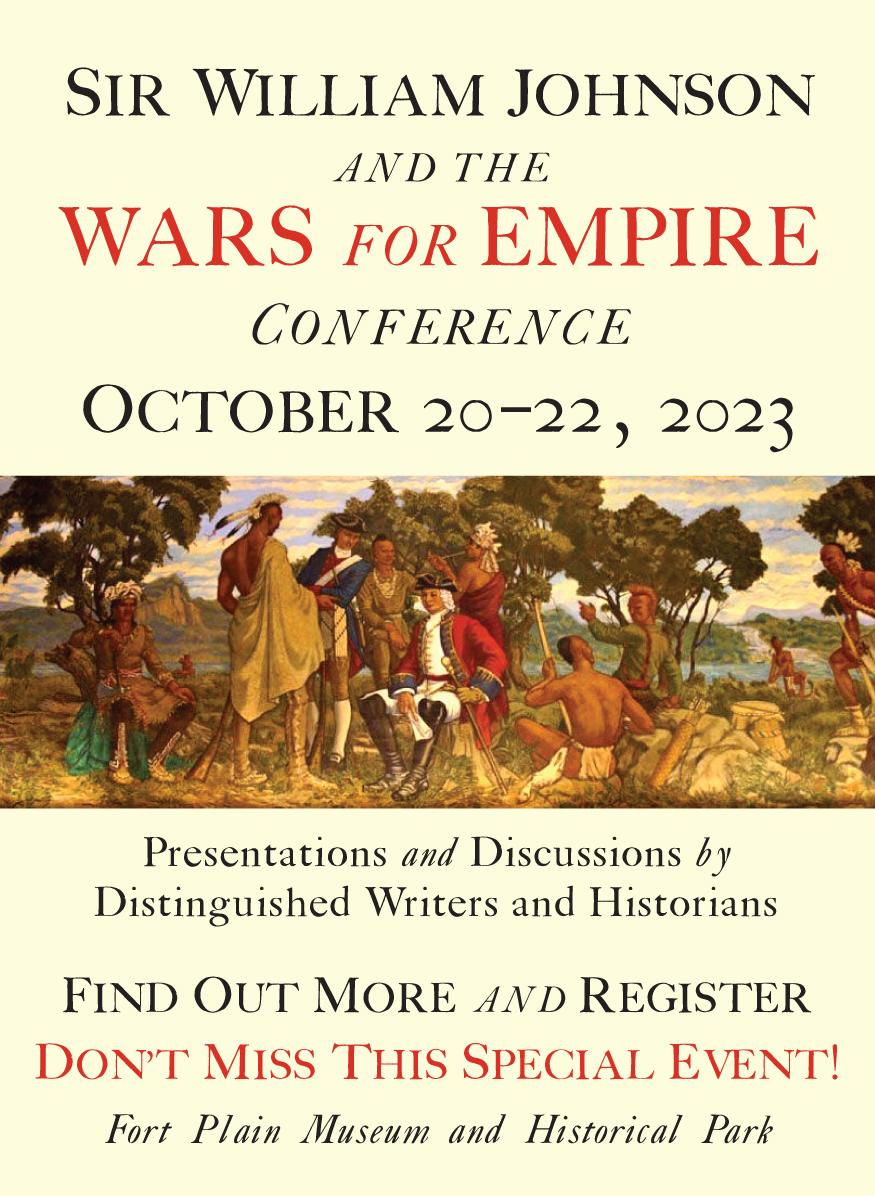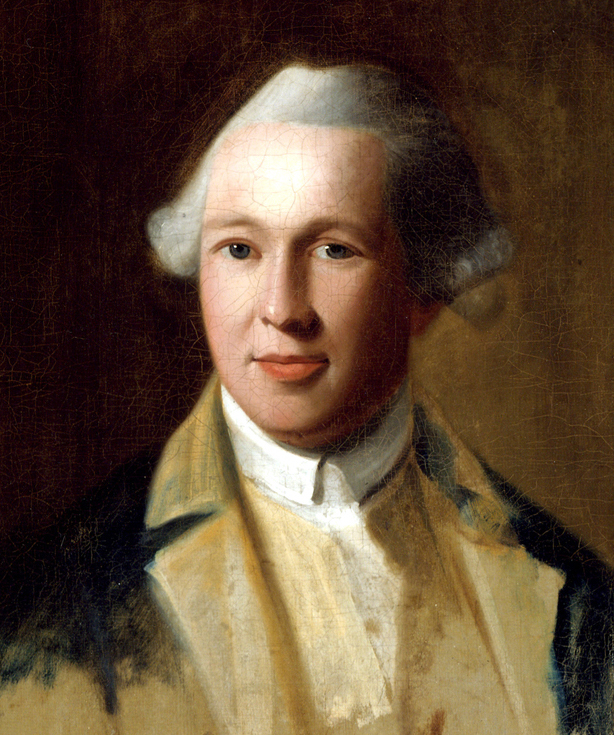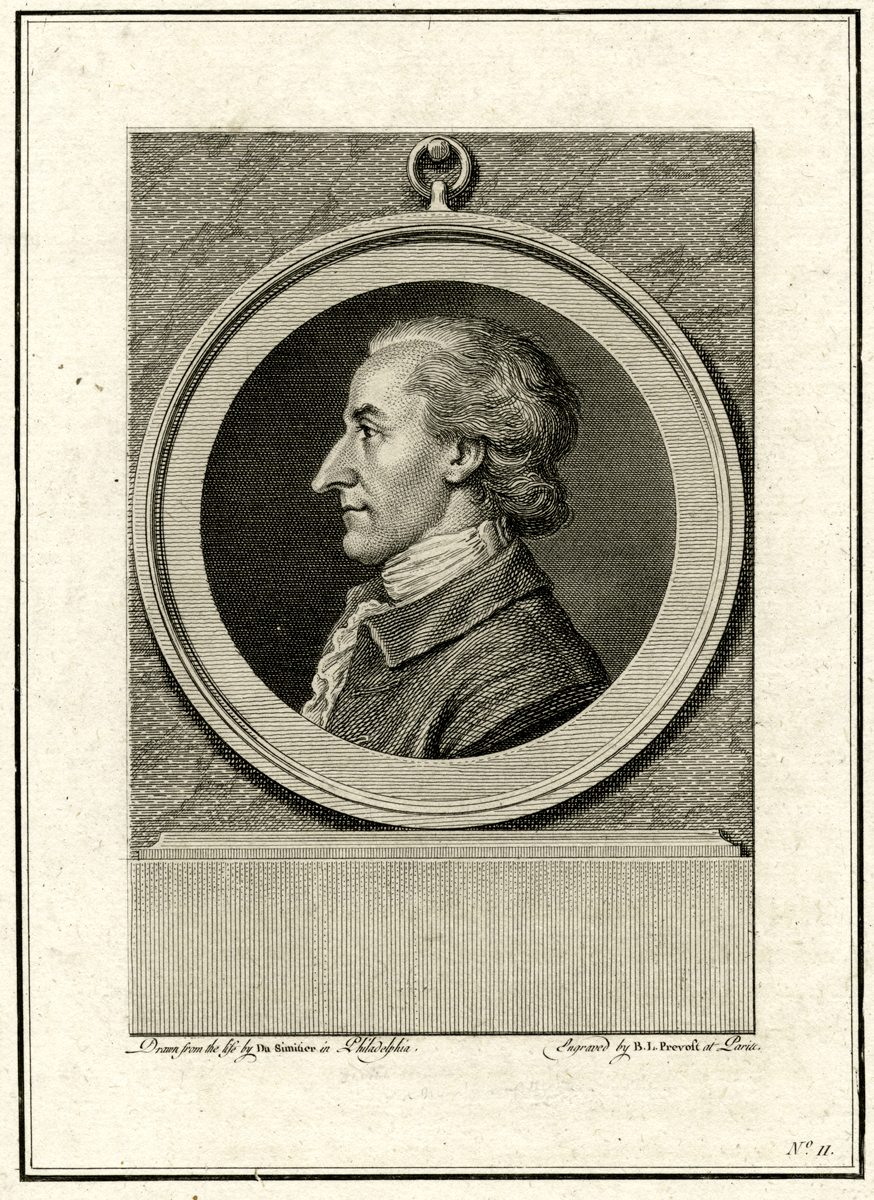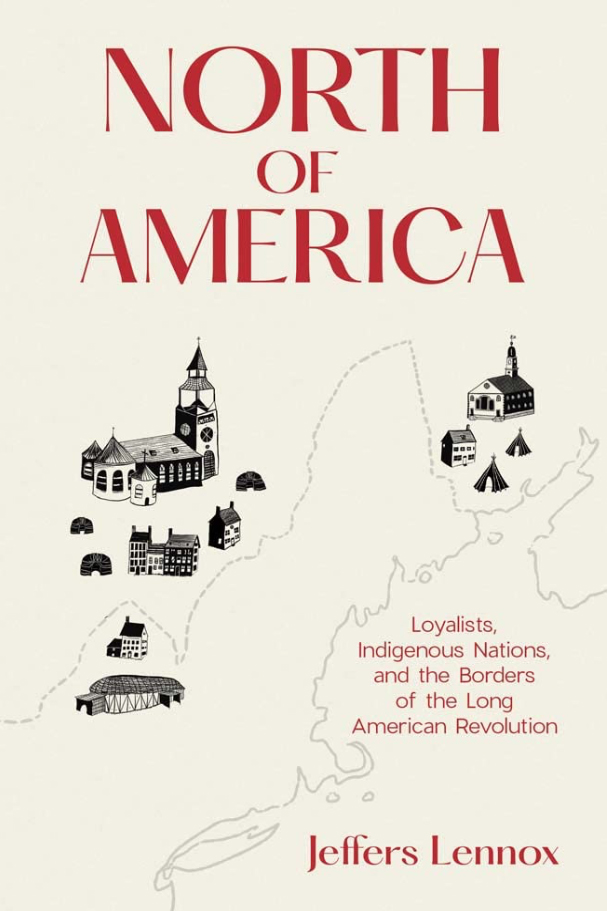First Principles: What America’s Founders Learned From the Greeks and Romans and How That Shaped Our Country by Thomas E. Ricks (New York, NY: Harper Colins Publishers, 2020)
Author Thomas E. Ricks (Churchill and Orwell, 2017; Fiasco: The American Military Adventure in Iraq, 2006) started his work on First Principles: What America’s Founders Learned From the Greeks and Romans and How That Shaped Our Country after the 2016 presidential election. Are the founding ideas still being adhered to? This obviously begs the question: what are the ideals that influenced the Founders? Ricks explored the letters, memoirs, and writings of four Founders to find out what their values really were and what the classical sources influenced those values. The Founders had a difficult task before them: to set up a nation that was unlike any other. They turned to the classical world of the Greeks and Romans as a guide. Ricks writes in the “Prologue: What Is America?”:
Emphatically, they were not detached philosophers. They were statesmen and revolutionaries, looking to the ancient world for the help it could give them in illuminating their situation. There was an abiding practicality in their approaches. (p. xxiv)
The Founders that Ricks focuses on are Washington, Adams, Jefferson, and Madison. Each of them had an important role to play in creating the American government. They were aware of the works of Greek and Roman writers, philosophers, and statesmen. Washington was the exemplar of classical Roman values. John Adams devoted himself to Cicero. Jefferson was more of a Greek enthusiast than the others. Madison, who survived them all, had a more cosmopolitan vision of the United States, and his administration demonstrated the limitations of classical virtues. As Ricks provides details as to how these men learned about and applied the principles of the ancient world, he takes the reader along a familiar narrative of the nation’s founding: the Imperial Crisis, the American Revolution, the Constitutional Convention, the Early Nationalist Period, the Revolution of 1800, and the Madison administration. He brings the book back to his original purpose of trying to explain the current state of American politics in the midst of the classical beliefs the Founders had espoused and tried to emulate.
First Principles is divided into three parts: Acquisition, Application, and Americanization. Acquisition describes how each of the Founders received his classical education. Most of the Founders were familiar with texts by Livy, Sallus, Plutarch, Tacitus, Cicero, Aristotle, and Plato. Washington was unique among the four men because he was not a graduate of any college (Adams was a Harvard man, Jefferson headed to William & Mary, and the southerner Madison went against type by attending Princeton in the north). Washington had a private tutor, but his family situation did not allow him to be sent to any institute for higher learning. Instead, Washington educated himself and took on the world as a soldier. Washington read Caesar’s Commentaries and tried to live according to the Roman values portrayed in his favorite play, Joseph Addison’s Cato. John Adams tried his hardest to live as a modern-day Cicero, who rose to greatness partially due to his oratorical skills. Jefferson was influenced by Scottish culture from his tutors. He preferred the romanticism of Greek culture to that of military Roman pragmatism. Madison likewise studied under Scottish tutors, but he decided to go to Princeton, where he gained a more worldly outlook. As a student, and being pushed by John Witherspoon, Madison learned about politics and the structure of government.
If the government of the United States was based on Greek and Roman ideals, could it survive as a republic, even though the Greeks and Romans failed at it? Seeking the answer is the goal of the second section of First Principles, Application. The American Revolution had started, thanks primarily to the efforts of Adams. Washington oversaw the Continental Army, becoming a modern-day Fabius Maximus and avoiding large battles to keep the army alive. Jefferson wrote an indictment on monarchical power with his Declaration of Independence (included as an appendix). By the end of the war, Washington rejected Caesarism and became the “new” Cincinnatus, returning home after giving up power. During an uneasy peace, Madison studied classical texts and prepared for the Constitutional Convention. After the Constitution was written, Madison joined Hamilton and John Jay as “Publius” to write The Federalist. Unfortunately, slavery remained a blot on the document and the Founders’ best intentions.
The last part, Americanization, shows how the new nation could not exist based on the Greek and Roman ideals that the Founders were influenced by. Factions were formed during Washington’s administration, which ruined Adams and almost ruined Jefferson, and Washington warned the nation about foreign entanglements. The French Revolution and death of Washington shook the nation. Thomas Jefferson’s tenure as president spelled the end of classicism along with that of federalism. Madison continued Jefferson’s policies when he became president in his own right. America was continually changing and moving to the West. Ricks writes, “And as America changed, with social reformers seeking to discipline behaviors, some of the ways of the Greek and Roman world fell into further disrepute.” (p. 173) The existence of slavery (incorrectly justified in Aristotle’s Politics) makes it clear that the high-minded endeavors of all the Founders failed.
The final section of the book, “Epilogue: What We Can Do,” ends on a note of hope. Ricks offers several suggestions for activism because, “Despite its flaws—it is worth it.” (p. 292) He stresses the importance of keeping money out of politics, which is something that would appall the Founders today. We need to respect our institutions and continue to learn from our history. Cicero pointed out that “salus populi suprema lex est,” or rather “Welfare is the supreme law of the land.” With our nation reeling still from a pandemic, we need to accept that the public health is a public good.
First Principles stands alone as an important work on the Revolutionary period because it reminds the reader that the world of the Greeks and the Romans still existed in late eighteenth century and early nineteenth century America. It is difficult to imagine those values having any effect on our world today, but the Founders sought them out as a guide to building a new society based on republican rule. Ricks connects our times with those of Washington, Adams, Jefferson, and Madison, which were still connected to ancient times. The book should not scare away those who think it is about philosophy. It simply explains that the Founders learned about Greco-Roman values and tried to bring them into practice when presented with the opportunity. The United States is still a work in progress, and Ricks reminds his readers to get busy.
PURCHASE THIS BOOK FROM AMAZON IN CLOTH OR KINDLE
(As an Amazon Associate, JAR earns from qualifying purchases. This helps toward providing our content free of charge.)














One thought on “First Principles”
Thank you for your review. On the Latin quotation towards the end—”Salus populi sumprema lex . . .”—don’t forget the word “populi.” “Salus populi” is closer to a general “the security of the people,” or “citizens,” rather than “welfare” alone. Most of the Founders knew this expression via John Locke’s Second Treatise. The expression has long departed Cicero’s intent. In his Laws, III.3.8, Cicero writes about military power of civil authorities in time of crisis: “militiae summum ius habento, nemini parento; ollis salus populi suprema lex esto.” This can be translated as “in the field, let them have supreme military authority and be limited by no one; the security of the people should be held up as their highest law.” Although recently the expression has been applied broadly, and now to things never envisioned by Cicero—like COVID-19—it does not mean “health” in the sense that is used in contemporary debates.